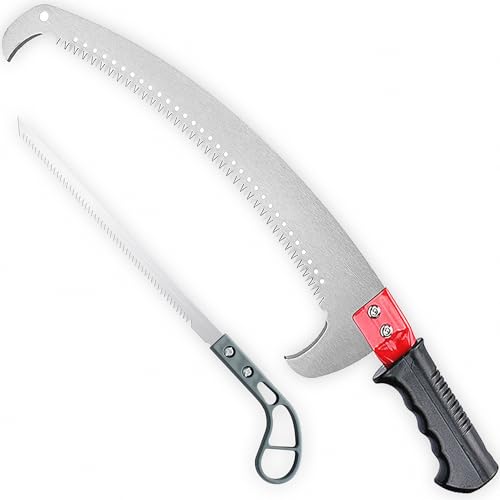Removing a plywood box becomes more difficult the older and wetter the plywood gets.
Removing ANY box is a PITA. It takes time, whatever you have to do, you then have to un-do or vice versa. After the first couple times the novelty of that 'versatility and convenience' will prove itself out, good or bad, and that's really the only way to truly know.
A one ton dump is always quickly full of chips.
Not necessarily. 1I'dJak said he will be pulling a small chipper. The bigger the chipper, the quicker you fill it up. It mostly depends with what he's chipping, and next on what kinds of jobs he's mostly doing. Takedowns, you're gonna fill up faster.
If you solo / two-man jobs you don't need as big a capacity as with a bigger crew.
If you have a convenient chip site or 3 or 4 in the nearby areas you work, big capacity is not as big a deal.
If you have clients who want the chips, smaller is usually better as a big load can overwhelm them.
Big capacity can mean not dumping at the end of a usual day and in the Summer this means a hot, steaming molding, spore-filled load.
Whatever is done, I recommend
highly, establishing a number of convenient 'chip recyling' sites in your area. Small loads are often less of an issue whereas big loads can fill up a limited site quicker. It depends on the site. Depends on the people who own the property.
If your chip site requires that the chips be spread out (like with a convenient drive-thru, drive over top site) a large dump pile can be the bain of your existence after an already long day.
A smaller rig can get you tight into a lot of places where a bigger rig won't allow. If you can knock down the time dragging brush, that's money-in-pocket.
If you have a big load to unload, you ALWAYS have to unhook the chipper. Smaller load, mebbe not. Under the right conditions, smaller can be 'bigger'.
I've found that a small load and a fast unload time (with automation) trumps a big load unloaded by hand any day.
Just some things to consider.

























































 ). The drive motor for this is a 36 RPM, high-torque gear motor. The motor is the type used on semi trucks where they have the powered tarp systems that cover the box in back. The 1" diameter steel axel goes through the motor so the front drive roller is actually two rollers with the drive motor in the middle.
). The drive motor for this is a 36 RPM, high-torque gear motor. The motor is the type used on semi trucks where they have the powered tarp systems that cover the box in back. The 1" diameter steel axel goes through the motor so the front drive roller is actually two rollers with the drive motor in the middle.